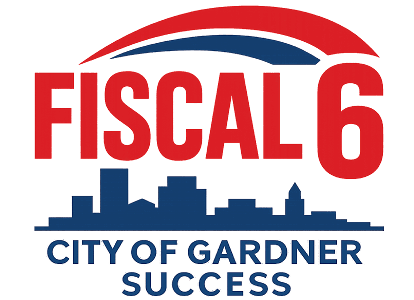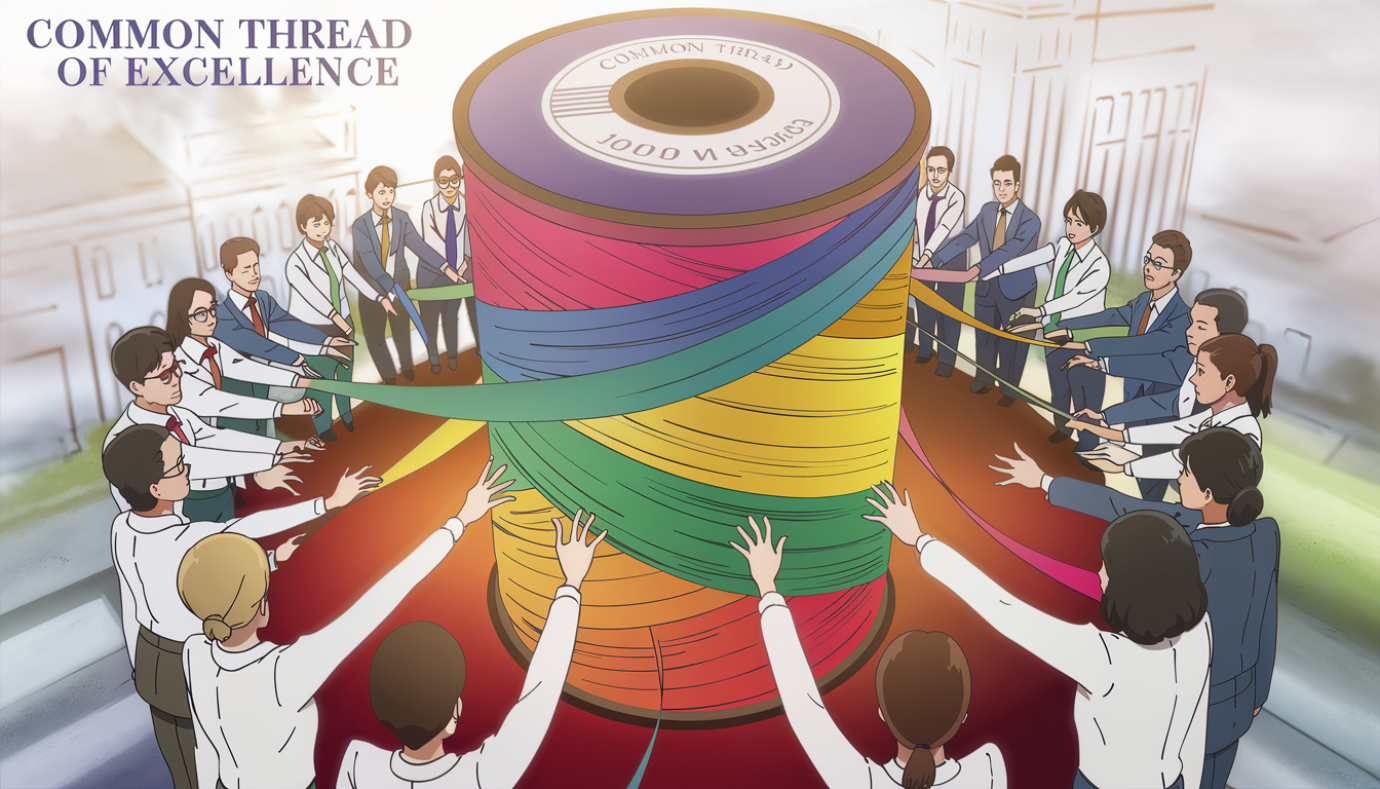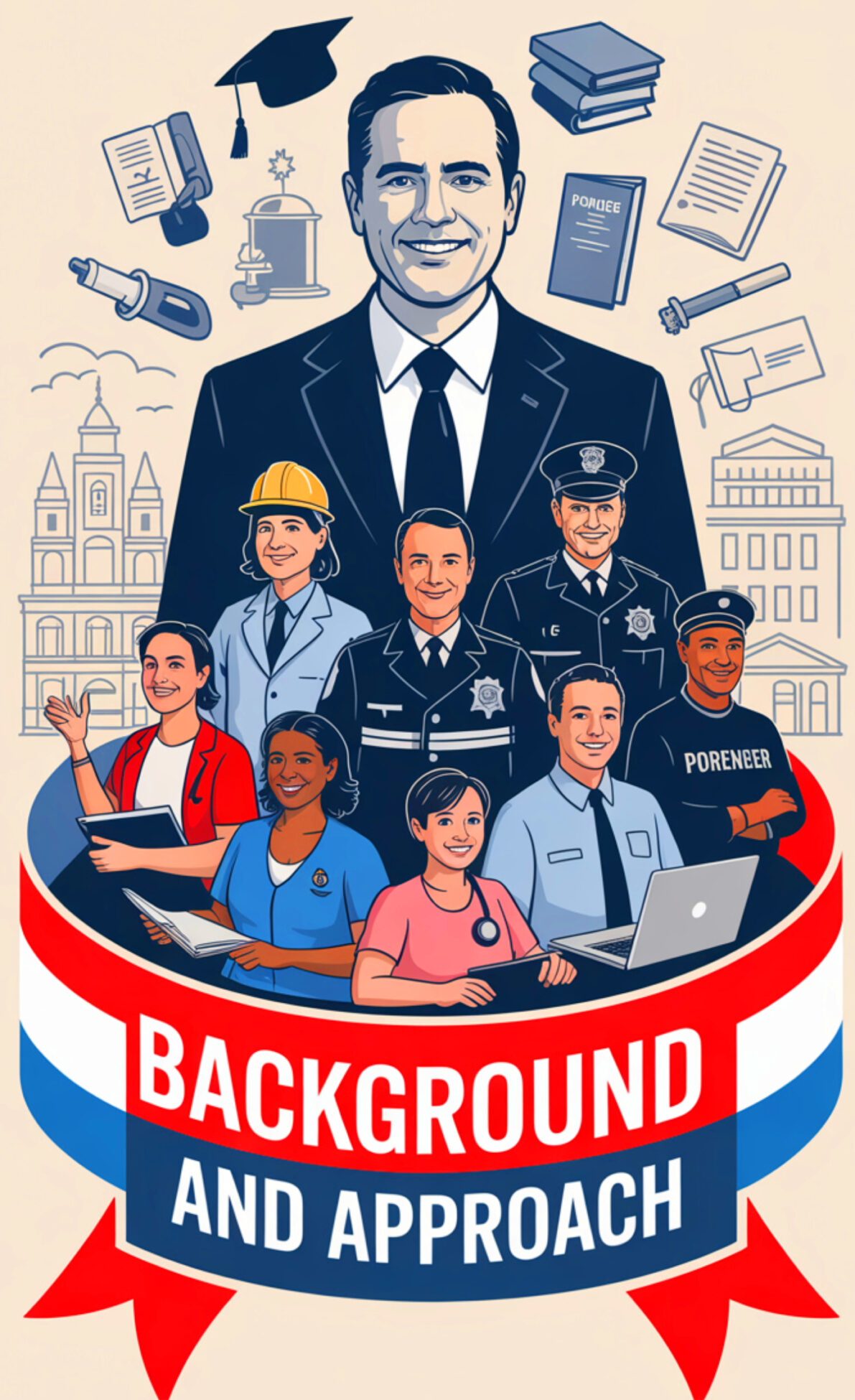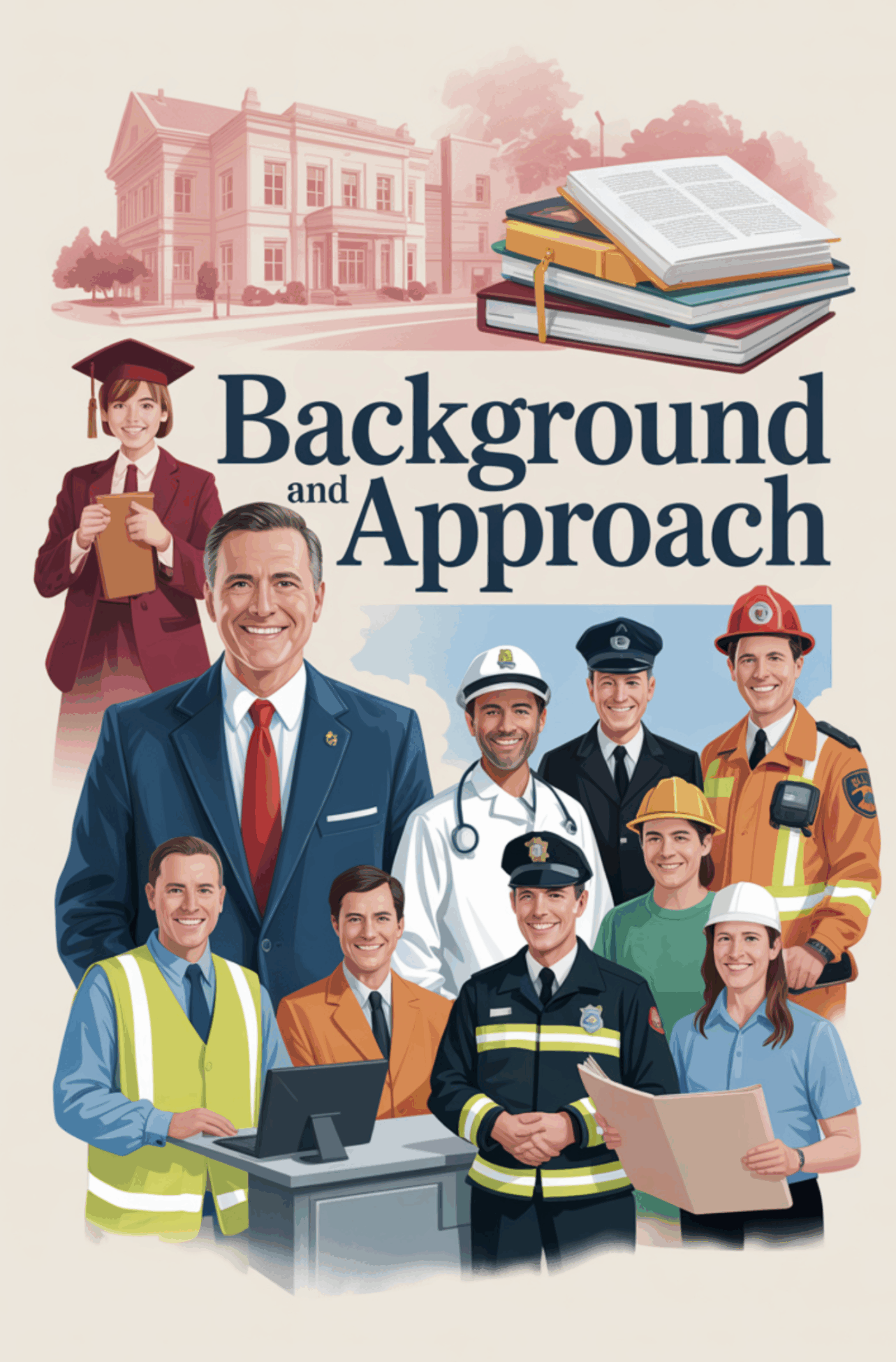
Delving in to Gardner Mayor Nicholson personally. Growing up, school, education, various degrees, and no partying. How he focused his life on the City of Gardner. The Mayor’s overall approach to the job. How his educational background has helped him in his role as Mayor. Text of this segment is below. Listen on any device, CLICK PLAY.
The common thread of Gardner Excellence – the Team Effort – Meeting with Department Heads and Collaboration – Listen on any device, CLICK PLAY
Background and Approach to the Job
Q Werner Poegel: I want to delve a little bit into you personally. First of all, you basically are a nerd.
A Gardner Mayor Michael Nicholson: I think my sister would agree with you on that.
Q Werner Poegel: You have a work ethic and this didn’t start when you became mayor. This started, my understanding was that you went to Holy Family Academy and the sisters didn’t have too much trouble with you.
A Gardner Mayor Michael Nicholson: We only had one nun left when I was there, Sister Suzanne, and her life got along very well.
Q Werner Poegel: Did she ever slap your fingers?
A Gardner Mayor Michael Nicholson: No, no. None of that happened while I was there.
Q Werner Poegel: Now, fast forward all through school. You were in band. You went through high school. Did you have any wild parties at your house when you were in school?
A Gardner Mayor Michael Nicholson: No, I didn’t have time for any of that.
Q Werner Poegel: You were basically, your head was in the books.
A Gardner Mayor Michael Nicholson: Oh yeah, all the time. Honestly, I was really blessed with the opportunities I had at Gardner High because of the number of AP classes I took, I was able to actually finish my two undergraduate degrees in three years instead of the normal four. That opened up opportunities for me to get my masters and certificates. It was a lot of work, but I always tell the students when I talk to them that the hard work now pays off later on. Even though studying and doing things right takes time and it’s going to be a lot of effort that you have to put into it and a lot of hours and a lot of late nights, it’s all worth it in the end.
Q Werner Poegel: Now, since you became mayor, big wild parties at the house?
A Gardner Mayor Michael Nicholson: No, unless you call staying up in the office until 8 o’clock some nights working on the budget a wild time. Most nights you’ll find me here.
Q Werner Poegel: And no noise complaints from the mayors?
A Gardner Mayor Michael Nicholson: No, I don’t think so.
Q Werner Poegel: So kind of a quiet, kind of boring guy who basically spends his time working on stuff for the city.
A Gardner Mayor Michael Nicholson: That’s the goal.
Q Werner Poegel: I mean, I’m not trying to prop you up here, but I’m just trying to put this in context as to how it’s possible to achieve things when you’ve taken an office. Basically you focused your life on this.
A Gardner Mayor Michael Nicholson: Yeah. You know, it’s, I never really thought of it until you worded it like that, but yeah, you know, I mean, even in my first two years as mayor, I was, you know, after work I would be finishing my law school classes because I graduated with my Juris Doctorate in 2021. And really then it went from shifting to work until class because my classes were all online at the time because of the restrictions and the pandemic and everything to zooming into class for law school to really still continuing to work after city hall closed, but it’s work on the city stuff. And it’s, um, my staff will tell you that the, they’ll wait, uh, you know, come into work the next day and open their email inbox and we’ll be like, well, what were you doing emailing us at 10 o’clock last night? I was like, well, I was just still getting stuff done at the office and it’s just, it’s just how things have been. It’s um.
Q Werner Poegel: Now they say that people who are into history have a lot of insight. Did you study history?
A Gardner Mayor Michael Nicholson: I did. So one of my bachelor’s degrees is in history, uh, and, um, so I’ll just go through that. I have a bachelor’s in history, a bachelor’s in political science, two undergraduate certificates in international relations and public administration. I have a master’s in public policy. Uh, all of those are from UMass Amherst and then I have my Juris Doctor degree from Suffolk University Law School. Okay.
Q Werner Poegel: So you got the history and public policy. You got the legal stuff. Uh, now is that why you have a clue when it comes to some of these ordinances that you work on and just some of the nitty gritty that becomes before the city council?
A Gardner Mayor Michael Nicholson: My law degree and my public policy degree definitely helped a lot with the ordinance proposals and everything. In fact, I, I, I feel like I use them a lot too. Um, I often joke with one of my old professors, uh, Justice Serge Georges, who’s one of the SJC justices here in Massachusetts Supreme Judicial Court, um, that, uh, my letters to the city council I take from his opening statements class and that you try, you know, we learned in law school, if you’re going to sell your point, give them the point up front and then explain everything by with it and try to pre-answer every question you get asked. So if you look at the letters that I send compared to some of the letters that went to the city council before, some of them are lengthy, some of them are multiple pages, but I try to preemptively try to answer some of the questions I think I would have on it if I was reviewing it for the first time. Uh, so that’s kind of something I’ve taken with me in it for sure. But I also think back to my history degree, my first day of class, uh, I’ll never forget Dr. Brian Ogilvie, who’s a good friend of mine and a good mentor of mine, um, started our first class freshman year of UMass in history, uh, saying, you know, it’s not the job of a historian to predict the future. The job of a historian is to wait for everything to happen and then explain why it was inevitable to begin with. And looking at our ordinance code, you can see certain things in there that, okay, this was adopted in the 1970s, and this was adopted in the 1990s, and this was adopted in the early 2000s. Look at the effect that it’s had, and it was going to have that effect on it going forward. You look in our zoning code that it says there’s certain restrictions on senior housing in the city right now. Uh, and that was put in in the, uh, early 80s, late 70s. Well, now what we’ve seen now is we have a dire need for senior housing. So looking through those, uh, different ordinance codes that we have and kind of taking that perspective from the history side of things, but then taking the legal, uh, public policy side of things and using that lens to look forward, uh, kind of use my educational background to get the full holistic picture of it.
Q Werner Poegel: So would you say that it helps to know the history of Gardner, to know what has been done poorly, what could be done better, and has that been a foundation for some of your proposals?
A Gardner Mayor Michael Nicholson: Of course. I mean, you always need to know the history of the community that you live in because you’re going to build off of a foundation no matter what. No one’s going to be re-digging a new foundation to build a house that just needs a new patch of siding put on it. Um, what you have to do in the end is build with the situation you’re in to get the better project because you can’t build from the ground up if you don’t know where you’re starting. Uh, so that’s, I mean, having that historical knowledge, having that institutional background, having that, um, mentality of you’re here to make the community the best it is, not replace the community that you were in, uh, is really what’s going to set you up for success.
The Common Thread of Success
Question: All right, so this is something that escapes me throughout all this and it’s a common thread. City over here has a senior center. City over here has the health center. City over here has a police station. There’s so many elements in each particular entity that go on. Why is it that Gardner is excellent in every single category? What is the common thread? Are people trying to outdo each other? What is it? Is it just a, do you get together and say, we want to do the best at this and that? How do you come up with all this stuff?
Answer: It’s the team. That’s why, if you notice in a lot of my answers that I’ve given, I’ve got to give shout outs to the team. Nothing I do here is in a silo. Yeah, you’re the coach, but yeah, you’re also on the team at the same time. We meet regularly as a full group with the department heads and then smaller groups on a weekly basis and a monthly basis to make sure everything’s going the right way. One of the things that I keep emphasizing, and I’ve emphasized it from the first day I took office, is no one’s going to be in a silo anymore. People are going to collaborate with each other and people are going to know what each other’s doing so that if we can collaborate with each other, let’s do it now so we’re not, one, doing the same thing in two different places in a way that we’re only getting a 50% result if we can do it together and get a 100% result. And that’s what we’ve been able to do to make sure that we’re giving people the quality of service that they deserve.




